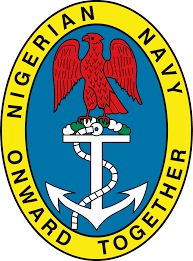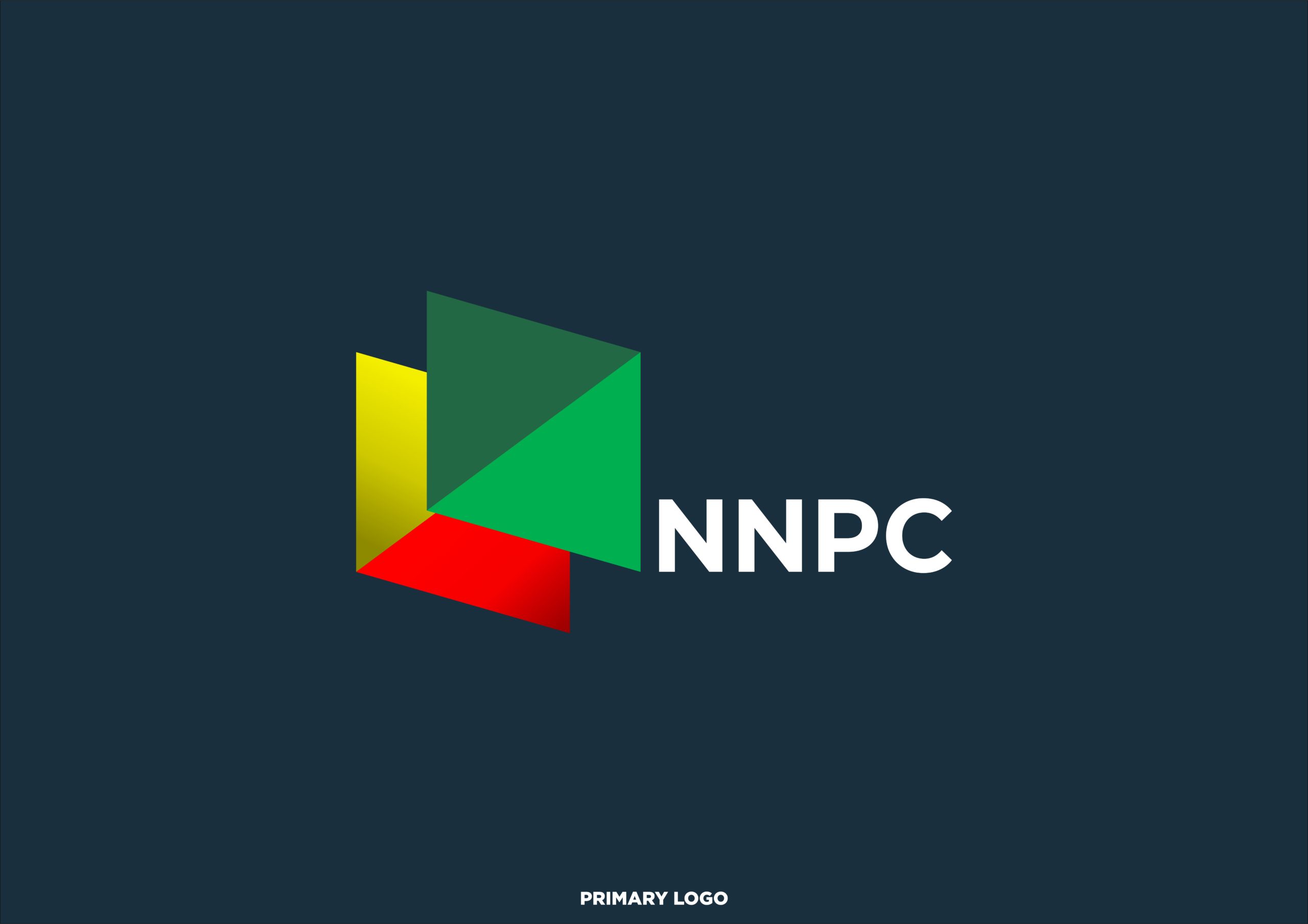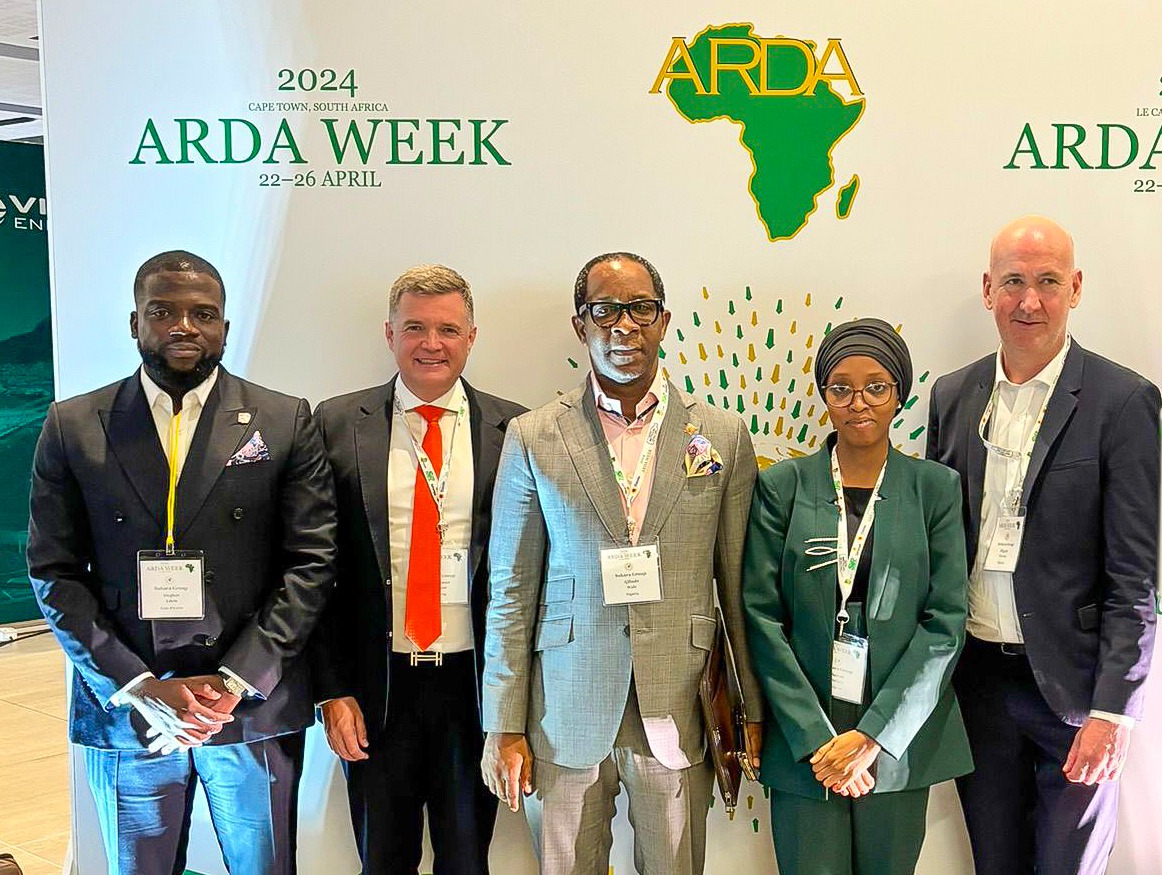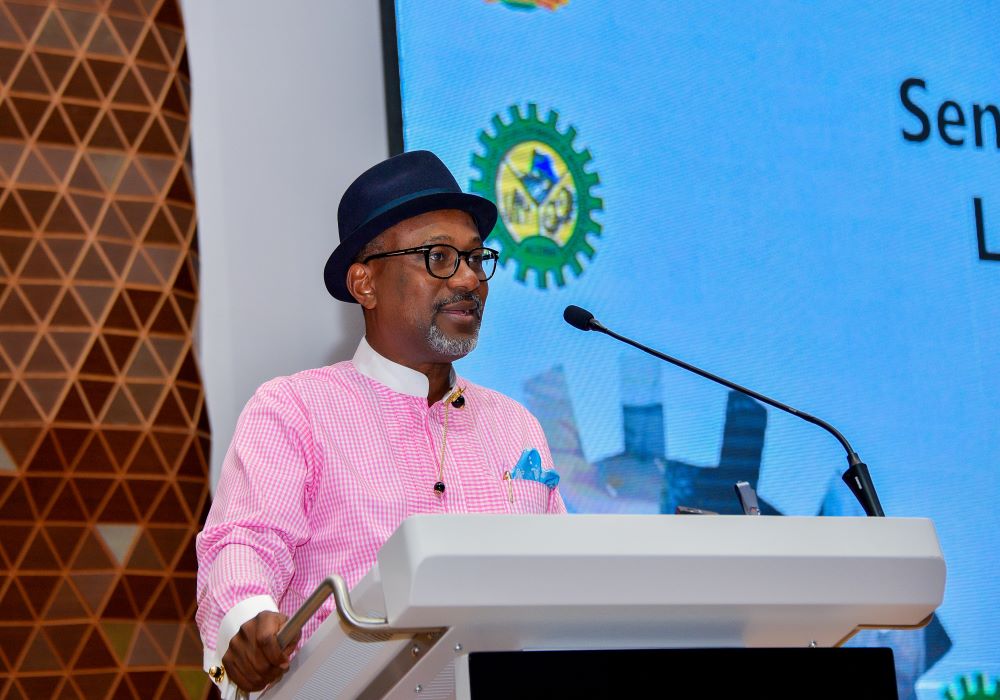Energy
Oil Theft: Navy Rubbishes Tompolo’s Intelligence Report

The Nigerian Navy (NN) has rubbished the report credited to Government Ekpemupolo, also known as Tompolo, Tantita’s alleging crude oil theft involving the Motor Tanker Praisel.
According to the NN, its investigation of the matter revealed that the allegations were completely wrong, unfounded and mischievous.
Recall that the management of Tantita Security Service, operated by ex-militant leader, Tompolo, had on Saturday raised suspicions over the vessel.
Word from the security outfit had it that the vessel it intercepted should have been sailing to Lagos and not Bonny, adding that the intelligence it gathered and the documents, including the naval clearance tendered by the master of the vessel, affirmed that Lagos was its destination.
Tantita was reacting to a statement by the NN on Friday which claimed that the vessel was duly approved by the Nigerian Midstream and Downstream Petroleum Regulatory Authority (NMDPRA) to load 1,114,721 litres of High Pour Fuel Oil (HPFO) from Greenmac Energy Storage/Tarus Jetty Koko from July 26 to August 8.
According to Director Information Naval Headquarters, Commodore Adedotun Ayo-Vaughan, this was contrary to the allegation of oil theft by the vessel in connivance with NN personnel.
However, in another statement on Sunday, Ayo-Vaughan noted that Tantita’s intelligence in respect to the vessel and its product was wrong.
He added that the issue reflected the high-handedness and unprofessional conduct of the Tantita Security Service personnel.
Part of the statement read, “As of Saturday 5 August 2023, the results of the laboratory analysis of the product onboard MT Praisel by all agencies including NMDPRA indicate that the product displayed properties consistent with Nigerian industrial standard specification for HPFO.
“This result, therefore proves that the allegation and suspicion were totally wrong, unfounded, and perhaps mischievous.
“The intelligence TSSL claimed to have received about the vessel and its product is equally wrong. This singular incident brings to the fore the high-handedness and unprofessional conduct of TSSL with its attendant negative consequences for the supplier and buyer of the product, the vessel hired to convey it, and other parties involved in the legitimate business.”
Energy
NCDMB’s ES Visits Pipe Coating Firms, Pledges Support For Local Capacities

The Nigerian Content Development and Monitoring Board (NCDMB) has reassured industry stakeholders that oil and gas service companies that have established capacities in the country will continue to enjoy patronage.
The Executive Secretary, NCDMB, Engr. Felix Omatsola Ogbe made this commitment on Friday in Port Harcourt, Rivers State when he led officials of the Board and Shell Petroleum Development Company of Nigeria (SPDC) to visit companies that deliver pipe coating and related services.
The team visited Brightwaters Energy Limited, formerly known as Willbros Nigeria Ltd, Solewant Nigeria Limited and Pipe Coaters Nigeria, managed by Tenaris Nigeria Ltd.
According to the ES, the visits were to assess the companies’ facilities and determine how the Board can galvanize the industry to patronise them.
He underscored the importance of getting first-hand information on in-country capabilities before making key decisions on oil and gas projects. He insisted that operating companies must support and patronise local oil and gas service companies in compliance with the provisions of the Nigerian Oil and Gas Industry Content Development (NOGICD) Act.
Ogbe emphasized that activities in the Nigerian oil and gas industry must be used to create employment opportunities for the nation’s teeming youths and help to resuscitate the economy, in line with the aspirations of President Ahmed Bola Tinubu.
The Chief Executive Officer of Brightwaters Energy Limited, Scott Gregory thanked the ES for leading the visit while highlighting that Brightwaters carried out Nigeria’s first pipe coating in 1962.
He recalled that the facility had 3,000 employees some years back, executing various spheres of oil and gas projects. He conveyed the management’s aspiration to return the
firm to those high-performance levels and sought the Board’s support to win oil and gas projects that would resuscitate the sprawling facility.
“We feel that we can be a positive contributor to Nigeria through the capacities that we have. We want to bring real, true value to the table,” he added.
He admitted that the coating facility had suffered downtime, but assured that the plant would be up and running within 60 days of the award of a new contract.
The Chairman of Tenaris Nigeria, Dr. Ernest Nwapa welcomed the NCDMB’s team to PCNL’s facilities.
He commended the efforts made by the agency to push local content in the industry, attributing it to the good culture that had been established at the Board over the years.
Nwapa, who was the pioneer Executive Secretary of the NCDMB expressed delight that some of the oil and gas projects that had been pending for nearly ten years were now being developed and expressed hope that existing local capacities would be maximized in the execution of those projects.
The team was taken around the company’s facilities and shown the various equipment of PCNL in readiness for the award of new contracts.
Nwapa pledged the commitment of the company to meet the expectations of clients as well as allow them to participate in the supervision of the work in their factory.
The PCNL facility covers an area of 160,000 m2 in the Onne Free Trade Zone. The company offers Anticorrosion, CWC, Thermal Insulation, Internal and Bends Coating plants as well as Double Jointing and Anode Installation Facilities.
At Solewant Group, an EPCI and Pipe Coating Company, the NCDMB delegation was shown round the company’s facilities as well as the new investments, such as the 5mega watts generators, procured to guarantee power supply to the facility.
Accompanying Engr. Ogbe on the facility visits were the Director Projects Certification and Authorization Division (PCAD), Engr. Abayomi Bamidele, General Manager PCAD, Engr. Maurice Iwhiwhu, Special Technical Assistant (STA) to the Executive Secretary, Engr. Mofe Megbele, Deputy Manager, Corporate Communications, Mr. Obinna Ezeobi, and other staff members of the Board.
The SPDC team was led by the General Manager, Nigerian Content Development, Mr.Lanre Olawuyi.
Energy
NNPC E&P Ltd, NOSL Hit First Oil In OML 13, Akwa Ibom

The NNPC Exploration and Production Limited (NNPC E&P Ltd), NNPC Ltd’s flagship upstream subsidiary, and Natural Oilfield Services Ltd (NOSL), a subsidiary of Sterling Oil Exploration & Energy Production Company Ltd (SEEPCO), has announced the successful commencement of oil production at Oil Mining Lease (OML) 13 in Akwa Ibom State, Nigeria.
Biztellers reports that the production commenced on the 6th of May 2024 with 6,000 barrels of oil with expectations to be ramped up to 40,000 barrels per day by May 27th, 2024.
The first oil flow from OML 13 is a historic milestone in the partnership between NNPC E&P Ltd and NOSL, highlighting their dedication to driving growth and development in Nigeria’s oil and gas sector, which remains a vital component of the nation’s economy.
The achievement does not only signify the culmination of rigorous planning and execution by the teams involved, but also represents a new era of economic empowerment and development opportunities for the host communities.
Furthermore, for Nigeria, the first oil from OML 13 holds some significance as it contributes to the country’s efforts to increase its oil production capacity, which is crucial for meeting domestic energy needs and driving economic growth.
The NNPC E&P Ltd and NOSL partnership is also committed to operating in a manner that is safe, environmentally responsible, and beneficial to the local communities.
Energy
Sahara Group Urges More Refining, Storage To Boost Africa’s Downstream

Inadequate refining capacity, insufficient storage, and impeded product movement across Africa are the three major impediments slowing the growth of the continent’s downstream oil sector, Wale Ajibade, Executive Director, Sahara Group has said.
Ajibade expressed his views in a paper “Africa Downstream Market Developments and Forecast” presented at the recently concluded Africa Refiners and Distributors Association (ARDA) Week 2024 in Cape Town, South Africa.
He maintained that addressing these gaps would transform Africa’s downstream petroleum industry.
Biztellers reports that the ARDA Week 2024 is Africa’s foremost gathering of stakeholders in the downstream oil industry.
Ajibade noted that shoring up the continent’s refining capacity was critical to sustaining efficiency, availability and accessibility in the sector.
He explained that as Africa explored ways of achieving hitch-free energy transition, efforts must be made to ensure optimisation of the sector’s value responsibly and collaboratively.
In his words, “Many African countries lack sufficient refining capacity to meet domestic demand, leading to heavy reliance on imports. This lack of self-sufficiency leaves these markets vulnerable to supply disruptions.
“Addressing this would require fresh investments and collaboration across the sector’s value chain.”
On insufficient storage infrastructure, Ajibade pointed out that this has continued to hamper the ability to maintain strategic reserves and ensure reliable supply during times of high demand or supply chain disruptions.
“In East Africa, shippers at Beira, Dar es Salaam and Mombasa — the key entry ports for refined products — are experiencing significant demurrage. Ageing and poorly maintained pipeline networks result in significant product losses and distribution bottlenecks,” he stated.
According to him, a collaborative solution which involves regulators, operators, investors, financial institutions, and government owned oil companies is required to help the African downstream sector to reach its full potential and provide reliable and affordable energy access to the continent’s growing population.
“Africa’s downstream Market leaders will need to work closely with her the various governments and agencies to carefully navigate the complex challenges through regulation and technology adoption while pushing for sustainable growth across Africa,” he added.
He also stated that the continent increasingly relied on imports of refined products to support consumption growth, primarily due to the underutilisation of existing refineries caused by technical issues.
He called for, “Investments in refinery upgrades, pipeline modernisation, and the construction of new storage facilities will be crucial to overcoming these challenges and unlocking the region’s energy security and economic development.”
Highlighting some positive trends in the sector, Ajibade said the African downstream market is experiencing rapid growth and transformation, driven by soaring energy demand, population growth, and the focus on industrialisation, urbanisation, and economic He explained that these would drive the demand for refined petroleum products, petrochemicals, and related downstream services is forecasted to grow by up to 30% by 2040.
“Africa is experiencing a lot of migration from rural to urban areas. In 2015, Africa had only six cities with more than five residents compared to 17 expected in 2030. Africa has experienced an increase in the number and capacity of industries across the continent, with industrial GDP set to double by 2025,” he said.
On the promotion of regional and cross-border trade, Ajibade noted that initiatives such as the African Continental Free Trade Area are promoting regional integration and facilitating cross-border trade in downstream products.
“This is encouraging investments in integrated downstream assets, logistical infrastructure, and harmonised regulatory frameworks to capitalise on the expanded market opportunities,” concluding that production of chemicals, plastics, lubricants, and specialty products would foster self-sufficiency and spur economic growth through increased job creation, reduced import reliance and enhanced technological innovation,” he added.






















